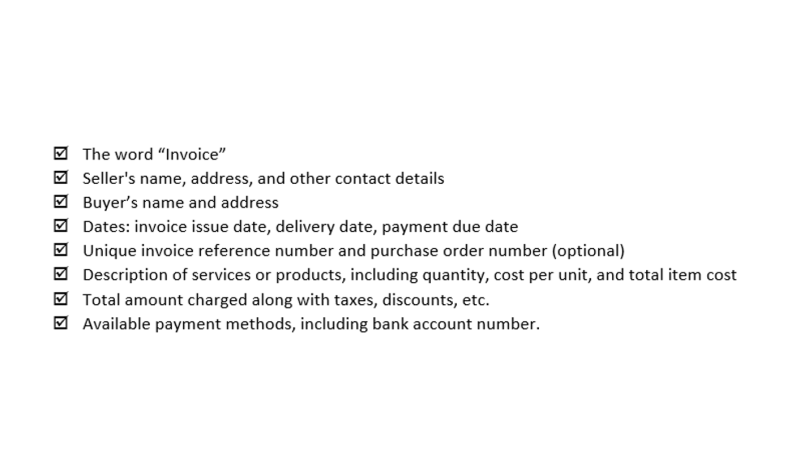
Foster vendor collaboration with clear communication and early payment discounts. Regularly analyze metrics to identify and resolve bottlenecks efficiently. Strong accounts payable management best practices are fundamental to building and maintaining positive vendor relationships. When suppliers consistently receive timely payments and clear communication, they’re more likely to offer preferential terms and priority service.

All-in-one solution to manage your payables
- The annexation order is not voted upon a second time by the district in which the order was originally approved.
- In today’s connected world, reputation is critical to success, underscoring the need for comprehensive and automated solutions.
- Customizable reports offer insights into cash flow patterns and help identify cost-saving opportunities.
- Advanced tools allow customization of workflows based on business-specific rules, such as routing invoices above a certain threshold to senior management for approval.
- Each of the five reorganization procedures is limited in its application to one or more of the specific organizational types of school district, e.g., common, union free, central, etc.
- Many AP departments are looking at ways to collaborate with other departments and suppliers to realize these benefits.
Allows accounts payable management review of the third party details and account balances summary. Allows import of external payee information and bank accounts belonging to suppliers, supplier sites, and supplier addresses. Allows update of tax classifications used by a tax authority to categorize a party and is applicable in the tax determination process. Allows update of tax profiles that contain tax information that relate to a business unit’s transaction tax activities.
- Modern accounts payable management best practices incorporate sophisticated fraud prevention measures to protect organizational assets.
- It includes a collection of short-term credits extended by vendors and creditors for goods and services a business receives.
- PO invoices can be processed without approval as they have already been verified against their purchase order.
- When it comes to accounts payable management, there are a few risks that your business should be aware of.
- Moreover, features like real-time reporting and analytics allow finance teams to quickly adapt to changing business needs and make more informed decisions, enhancing their agility and responsiveness.
- In this article, we’re going to explore the importance of effective accounts payable management for businesses of all sizes.
Delivering Goods or Services
We don’t guarantee that our suggestions will work best for each individual or business, so consider your unique needs when choosing bookkeeping products and services. However, some businesses may choose to keep records for a longer period. A purchase order gives both you and the seller a clear understanding of what is being bought and the terms of the transaction.

Enhanced Compliance and Reporting
Good AP management means you pay your suppliers on time, maintain strong relationships with them, and keep your business’s reputation strong. It also helps you manage your money better by knowing exactly what you owe and when you need to pay it. You can automate some of these steps, like invoice scanning, entry, and verification. Automation significantly reduces the chance of human error and allows you to verify every invoice. Also, consider setting Accounts Payable KPIs and metrics like the number of payment errors, late payments, or vendor disputes to improve the accuracy of your processes.

- Rather, they most frequently involve joint meetings between the affected boards of education to gain information and to determine whether reorganization offers sufficient benefits to warrant formal study.
- Effective management of accounts payable enables a more accurate record of your organization’s cash flow, strengthens vendor relationships, and creates opportunities for cost savings.
- For one, delaying payment can erode supplier relationships and goodwill.
- Management of the AP process is all done to efficiently control a company’s working capital.
- In a consolidation of one or more districts with a city school district, each district outside the city votes individually on the question of consolidation.
- Additionally, Accounts Payable could refer to the department responsible for these expenses.
Organizations must navigate Accounting For Architects complex tax laws, international payment regulations, and audit requirements. Effective management of accounts payable requires automation, yet the resistance to change and initial implementation costs often prevent companies from adopting more efficient digital processes. Keeping up with regulatory compliance is a critical aspect of accounts payable management. Automated solutions help ensure that all payments are processed following relevant laws and regulations, reducing the risk of compliance issues. Effective accounts payable management provides valuable insights into a company’s financial commitments and spending patterns.